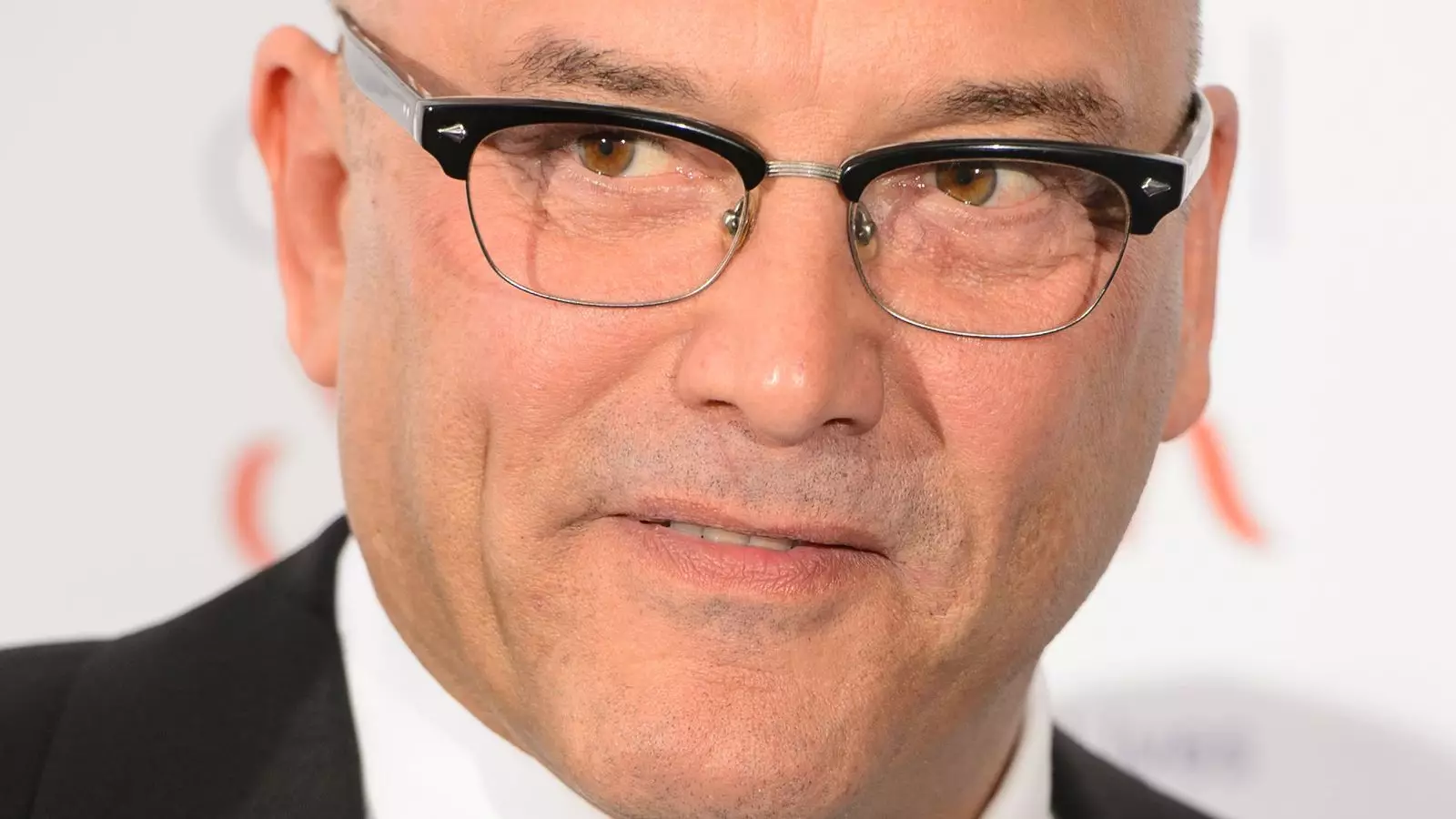When high-profile figures face allegations of misconduct, society often stumbles into a whirlwind of judgment, skepticism, and varying degrees of empathy. Gregg Wallace’s recent controversy offers a vivid example of this intricate landscape. His claims of innocence, juxtaposed with a damning report substantiating many allegations, expose the uncomfortable truth about accountability in the age of social media and relentless scrutiny.
It is tempting to write off such cases as black and white: either outright guilty or innocent until proven otherwise. But reality seldom conforms to such simplicity. Wallace’s insistence that he is “not a groper, a sex pest or a flasher” serves as a common defense, yet it fails to fully acknowledge the complex spectrum of behavior that contributes to harm—whether intentional or not. The societal tendency to dissect such claims without context fosters a culture of suspicion, often neglecting the broader factors at play.
Moreover,Walace’s attempt to distance himself from the allegations by emphasizing his personal traits—autism, which he claims influences his behavior—raises critical questions. While neurodiversity is real and deserving of understanding, linking it directly to misconduct risks trivializing the experiences of both individuals with autism and victims alike. It is an oversimplification that undermines the importance of accountability, regardless of one’s neurotype or background.
Power, Privilege, and the Erosion of Trust
The role of power dynamics becomes painfully evident in cases like Wallace’s. As a famous television personality, his behavior—whether deemed inappropriate or benign by him—carries disproportionate weight. The societal response often oscillates: some defend him as a symbol of a bygone jovial era, while others see the allegations as part of a necessary reckoning with unchecked conduct.
The fallout from these accusations threatens the very fabric of trust not just in individuals, but in institutions that have historically prioritized reputation over justice. The BBC’s decision to proceed with airing prior content despite ongoing controversy underscores a troubling tendency: appeasing audiences and protecting brand image at the expense of transparency and genuine accountability.
Furthermore, the broader societal inference—that those in the spotlight are inherently flawed or prone to misconduct—fosters a culture of moral outrage that can sometimes overshadow nuanced dialogue. By reacting rashly, society risks perpetuating a climate of fear and alienation that discourages honest conversations about behavior, redemption, and the importance of fair investigation.
Justice and the Limits of Public Outcry
In addressing allegations of misconduct, society must grapple with the delicate balance between accountability and compassion. While no one is above scrutiny, the rush to judgment can often do more harm than good. Wallace’s tears and public remorse evoke sympathy, yet they cannot erase substantiated claims or the harm caused.
Critically, the legal and moral frameworks dedicated to justice must prioritize thorough investigation over immediate condemnation. Public figures, especially those with influence, bear a responsibility to uphold standards that reflect fairness and integrity. When allegations are substantiated, responses should go beyond phase-one outrage, incorporating genuine efforts toward restorative justice rather than mere punishment.
The controversy surrounding Wallace and Torode reveals a deeper societal dilemma: do we focus on punishing perceived transgressions or on creating avenues for genuine understanding and reform? Society’s inclination toward moral righteousness often eclipses the complexities of human behavior, leading to a punitive atmosphere that stifles growth and reparation.
A Call for Reflective Justice
True progress hinges on acknowledging the multifaceted nature of human conduct—recognizing that behavior exists within a spectrum influenced by personal history, societal norms, and mental health. Wallace’s admissions regarding his conduct, whether viewed as remorseful or inadequate, should spur a broader conversation about the necessity of nuanced responses to misconduct.
Moreover, society must be vigilant about how we interpret and respond to allegations, avoiding the trap of immediate labels that marginalize individuals without due process. At the same time, we must ensure that victims’ voices are heard and validated without the veneer of insensitivity or rush to forgive.
Justice is not served merely by public shaming or defending individuals solely based on their fame; it requires a measured approach that emphasizes accountability, empathy, and social responsibility. If we genuinely seek a just society, we must question not only the actions of individuals but also the systemic factors that influence behavior, responses, and societal tolerance for misconduct. Only then can we foster a culture that values fairness over spectacle, truth over sensationalism, and growth over condemnation.


Leave a Reply